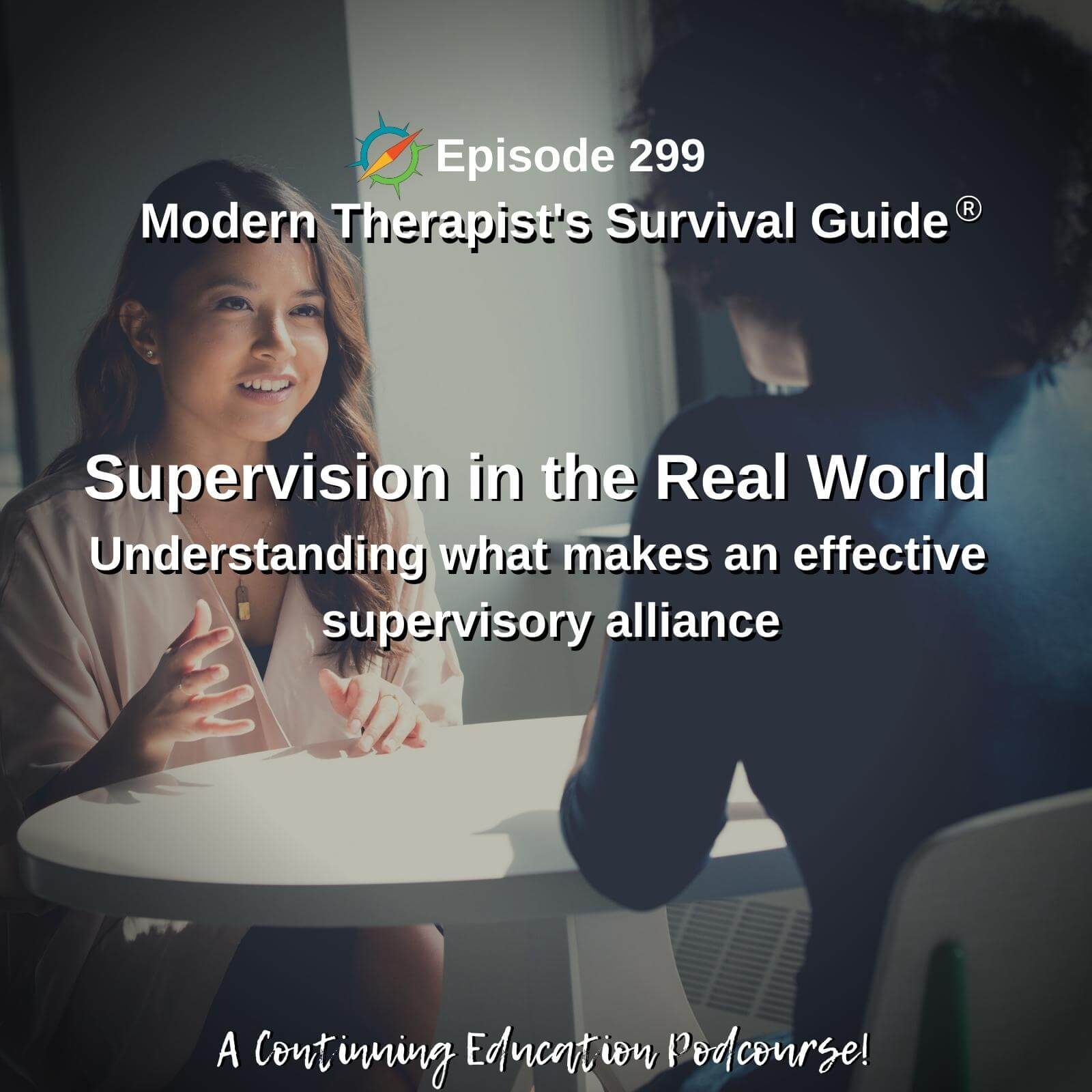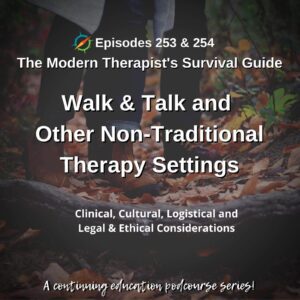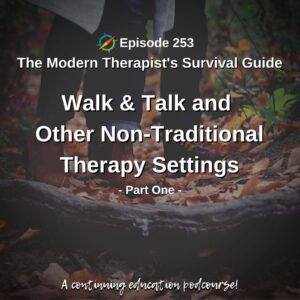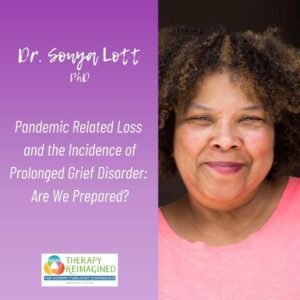A strong supervisory alliance can predict better supervision experiences and supervisee growth in the mental health field. Alternatively, a negative supervisory alliance can lead to a bad supervisory experience, poor performance, and supervisee burnout. This workshop explores ways to make the supervisory alliance stronger while facing the realities of implementing these supervision measures in real world workplaces. Included are ways to measure and improve the supervisory alliance.
At the completion of this workshop, participants will be able to:
- Use an evidence-based measurement to evaluate the supervisory alliance
- Evaluate three deficits in supervisory alliance research
- Explain three benefits of having a strong supervisory alliance
![]()
Our Presenters
Curt Widhalm, LMFT
Curt Widhalm is in private practice in the Los Angeles area. He is a member of the California Association of Marriage and Family Therapists (CAMFT) ethics committee, an Adjunct Professor at Pepperdine University, lecturer in Counseling Laws and Ethics at California State University Northridge, a former Law & Ethics Subject Matter Expert for the California Board of Behavioral Sciences, and former CFO of CAMFT. Learn more at: www.curtwidhalm.com
Katie Vernoy, LMFT
Katie Vernoy is a Licensed Marriage and Family Therapist, with a Master’s degree in Clinical Psychology from California State University, Fullerton and a Bachelor’s Degree in Psychology and Theater from Occidental College in Los Angeles, California. Katie’s experience spans many leadership and management roles in the mental health field since getting her license in 2005: program coordinator, director, clinical supervisor, hiring manager, recruiter, and former President of the California Association of Marriage and Family Therapists. Learn more at: www.katievernoy.com
___________________________________________________________________________________________________________________________________________________________________________






